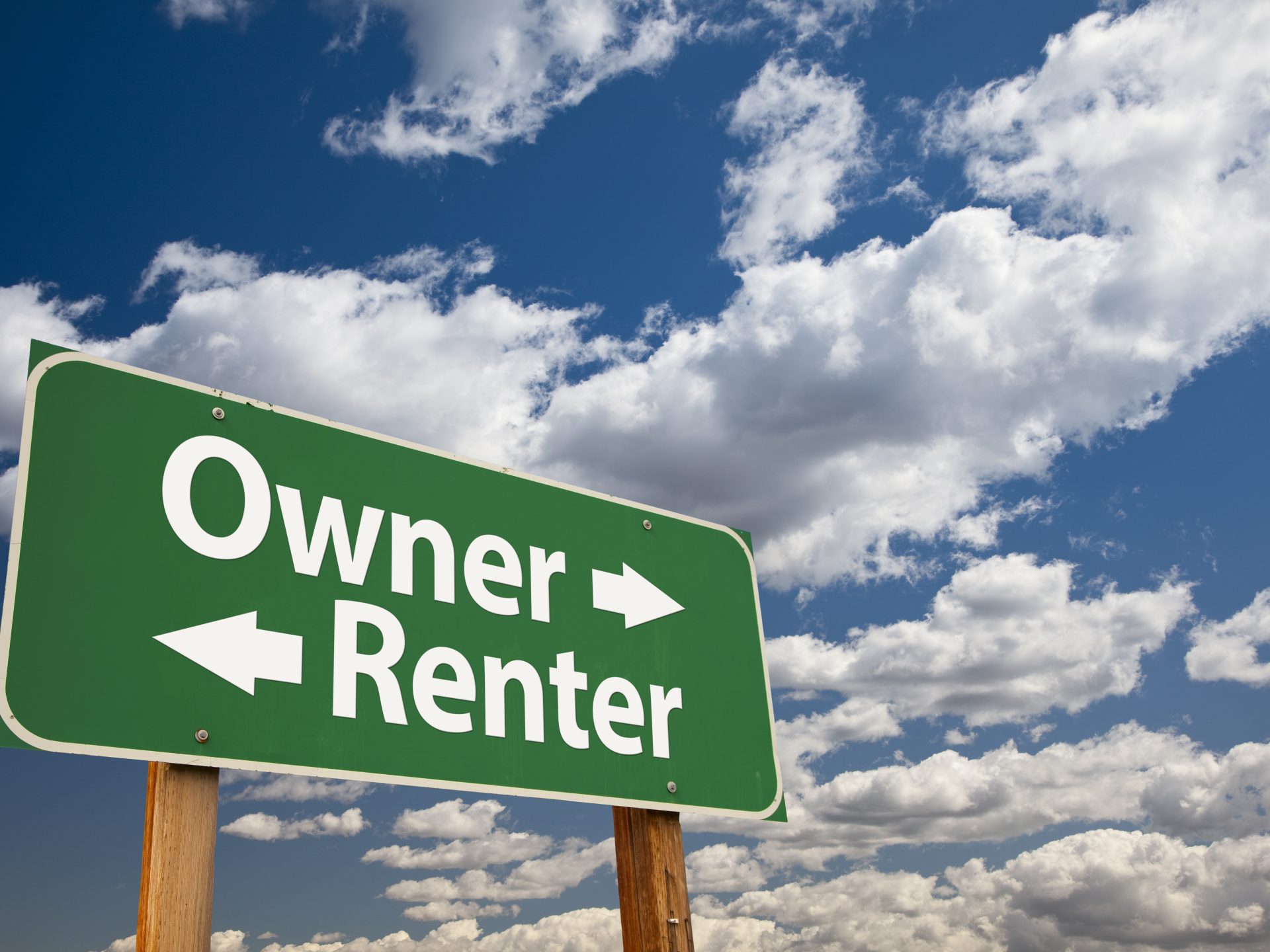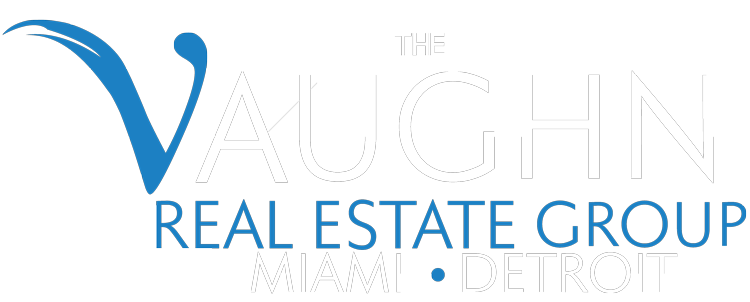It’s a modern age-old question: Rent or buy? As an adult, choosing whether to keep renting or to invest in homeownership is one of the biggest financial decisions you’ll probably have to make. Unfortunately, it’s not an easy decision to make, but understanding the financial impact of each option will help you make a better-informed decision.
Homeownership has been on a decline for a number of years. Earlier in 2017, the Census Bureau announced the homeownership rate hit 63.7 percent—the lowest it’s ever been. This means that more than one-third of all residences are renter occupied, accounting for more than 43 million rental households. While renting is more flexible, it might not be as financially sound. Looking at the cost of rent of a one-bedroom apartment in 50 major U.S. cities, the average is $1,234 whereas the average monthly mortgage payment on a house nationally was $758 at the end of 2016.
Here’s what to consider when looking at renting vs. homeownership:
- Relocation: If you plan to stay in a town or area for a longer time, then buying tends to be the better option. When you buy a house, the upfront fees are spread out over many years. However, if you’re not sure where you want to settle down yet or only plan on being in an area for a few years, renting may be your best bet since leases offer a more flexible time frame.
- Taxes: Owning a home means you’ll have to pay property taxes—something you don’t have to do while renting. While there are some tax benefits to homeownership, not everyone will qualify for all benefits.
- Equity: Unlike renting, homeownership builds value over time. With each payment, you’re moving closer towards owning the property and thus building equity. Once you earn 20 percent equity, you’re may be able to take out a home equity loan or refinance your mortgage for a lower interest rate.
- Maintenance: With homeownership, it’s literally a “you break it, you buy it” situation. However, with renting, you generally aren’t held responsible for any maintenance or repair costs that accrue while living there.
- Earnings: When you first buy a house you might not consider it as an opportunity to earn income, but you may be able to use it as an investment property. Renting out all or part of the property will bring in money that can potentially offset your mortgage and taxes. Additionally, new services like Airbnb, have made it easy to make money on your home for a shorter time frame, like a few days or weeks.
In the end, deciding whether to keep renting or to invest in homeownership depends on a lot of factors, including your lifestyle and goals. If you’re ready to make an investment and build a community, buying may be right for you! Interested? Check out our homes for sale in your area!
If you’re looking to purchase a home and worried about your credit situation, learn how you can start repairing your credit here.
This article originally appeared on Carrington Connects.




